What is
testosterone?
Testosterone is a hormone produced primarily in the testicles (and, to a lesser extent, the ovaries of females). It regulates everything from sperm production and sex drive to muscle mass, a deeper voice and all your body hair (whether you want it or not). The hormone also plays a role in your bone density, fat distribution and red blood cell production.
Why do we
need testosterone?
In addition to the primary bodily functions above, T is responsible for pushing us through puberty. So without it, we'd all look (and feel) prepubescent. According to the Journal of Applied Physiology, testosterone also increases our potential for muscle growth, increasing our strength by forcing the body to increase protein synthesis. Post-puberty, a man's body continues to produce testosterone well into adulthood, which ensures he can continue building muscle.
Does more testosterone =
more muscle?
Well, yes and no. An increase in testosterone provides the potential to build more muscle. So boosting your T can be effective for strength training and body building. But be wary of artificial testosterone supplements or anabolic steroids, which come with serious downsides. Research published in PLOS One found that when you take an artificial T hit, the body slows its natural testosterone production. And if you take too many, that slowdown becomes permanent, hence the warnings of how steroids shrink a bodybuilder's balls.
What do low
levels do to the body?
After turning 30, most men begin to experience a gradual decline in testosterone. A decrease in sex drive occasionally accompanies this drop in T, which convinces many men that they're less interested in sex simply because they're getting older. "Some say it's just a part of aging, but that's actually a misconception," says Jason Hedges, MD, PhD, a urologist at Oregon Health and Science University in Portland. Other telltale signs of a drop in testosterone are also linked with male aging: Hair loss, decreased bone mass, increased body fat along with a weaker heart. For men who produce low testosterone naturally, some of these problems can arise much earlier than middle age. In which case, a man can work with his doctor to boost his T levels via injections and lifestyle changes.
How can you boost
testosterone naturally?
While testosterone replacement therapy via injections can effectively boost your levels, a review of 28 studies (PDF) on diet and its relation to testosterone levels and sexual health suggests that you might be better restoring your T levels naturally. And if you don't have clinically low levels, but are still looking to increase your testosterone, skip the prescription and focus on your lifestyle.
*
Sleep is good, stress is bad
*
Workout smarter and watch your weight
*


































